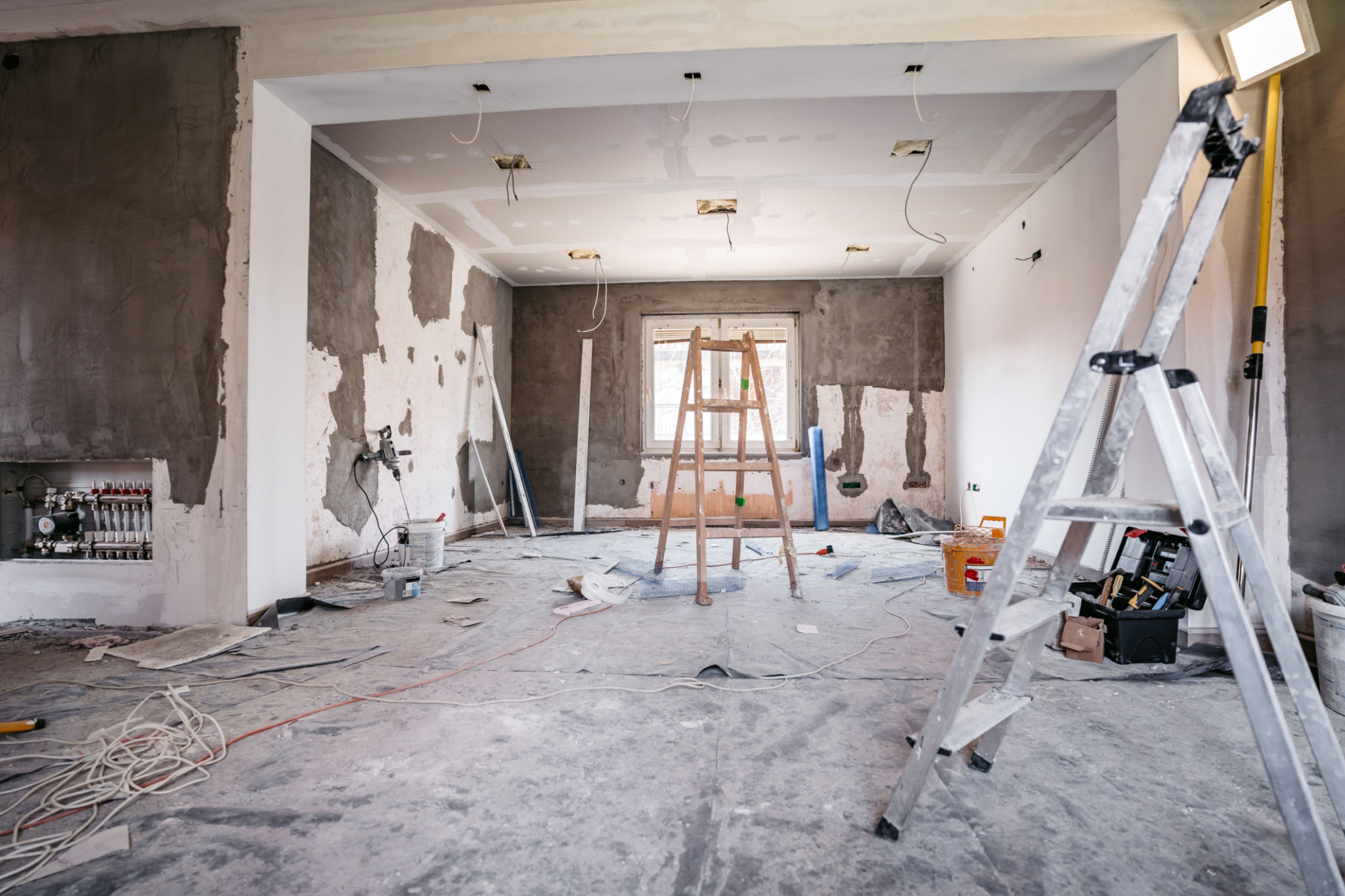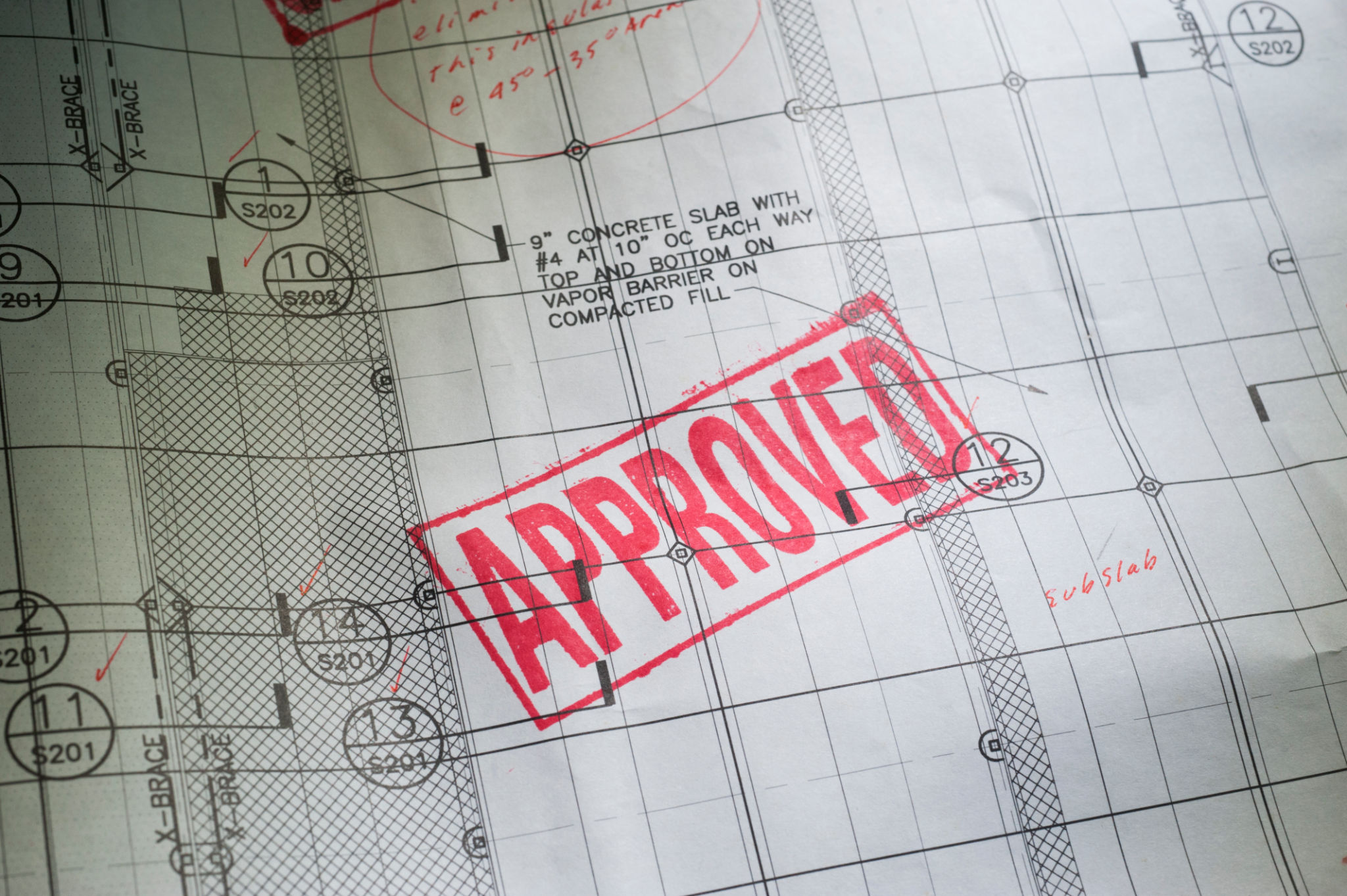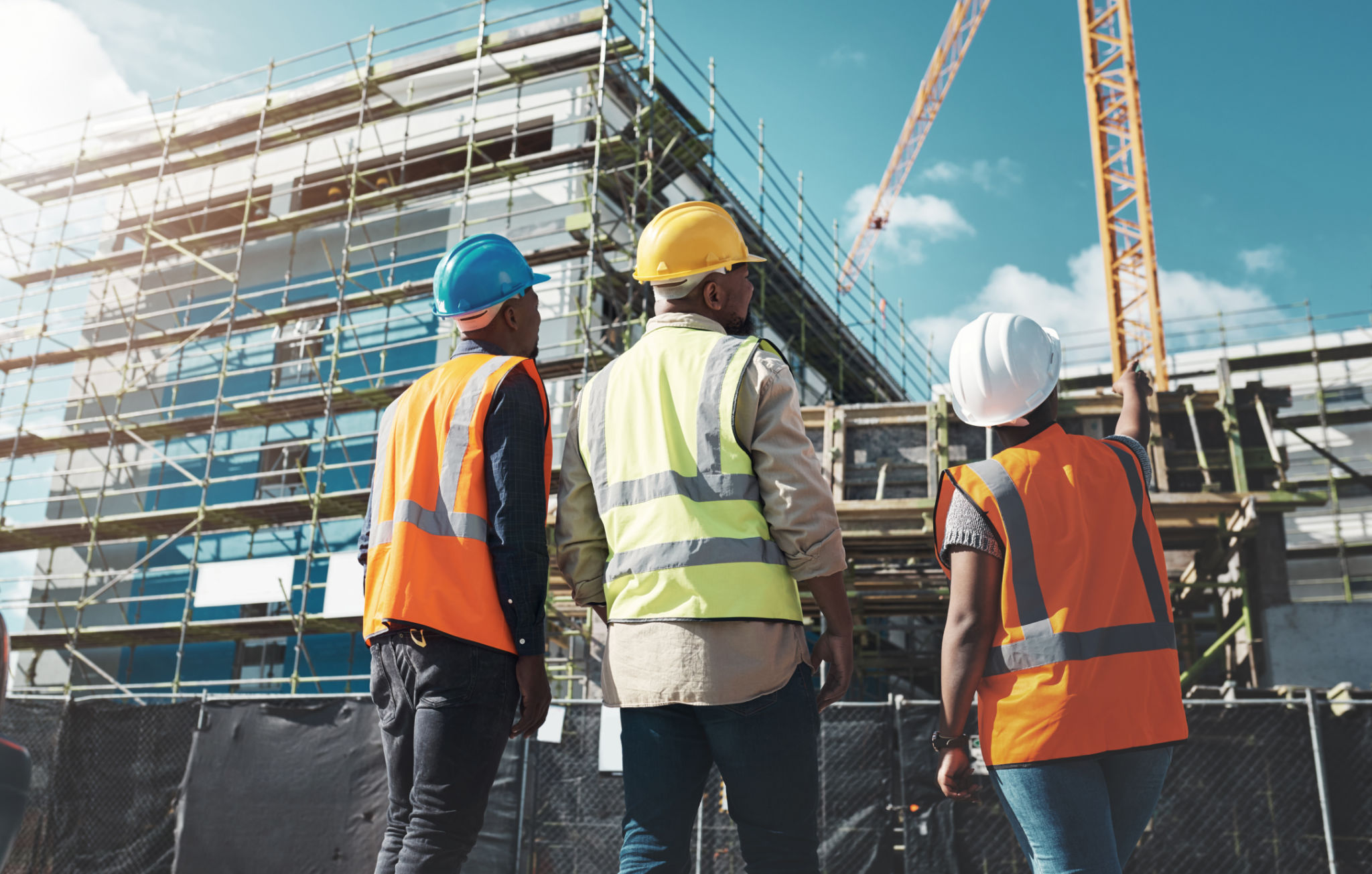Understanding Local Regulations for Home Remodeling in King County, WA
Introduction to Local Regulations
Home remodeling is an exciting endeavor, allowing you to transform your living space to better suit your lifestyle and preferences. However, before embarking on such a project in King County, WA, it's crucial to understand the local regulations that govern home renovations. These rules ensure that constructions are safe, environmentally friendly, and in harmony with community aesthetics.
In King County, there are specific codes and permits required for different types of remodeling projects. Failing to comply with these regulations can lead to fines, project delays, or even legal action. Therefore, having a clear understanding of what's required can save you time and money.

Permits: What You Need to Know
One of the most critical aspects of home remodeling in King County is obtaining the necessary permits. Almost all significant remodels will require some form of permit. This includes structural changes, electrical work, plumbing updates, and more.
The type of permit needed can vary depending on the scope of your project. For instance:
- Building Permits: Required for major renovations like adding a room or changing the structural layout of your home.
- Electrical Permits: Needed for any electrical work beyond minor repairs.
- Plumbing Permits: Mandatory for installing or relocating plumbing fixtures.

Where to Apply for Permits
Permits in King County can be obtained through the Department of Local Services, Permitting Division. It's advisable to apply for permits well in advance of your planned start date, as processing times can vary. The county provides resources and guidance to help homeowners navigate the application process efficiently.
Understanding Zoning Laws
Zoning laws also play a significant role in home remodeling projects. These laws determine what changes can be made to a property based on its location and intended use. In King County, zoning laws can affect aspects such as building height, distance from property lines, and land use.

It's essential to review your local zoning regulations before starting a project to ensure that your plans comply with existing laws. In some cases, you may need to apply for a zoning variance if your project doesn't meet the standard requirements.
Environmental Considerations
King County places a strong emphasis on environmentally sustainable building practices. Remodeling projects may need to adhere to regulations aimed at minimizing environmental impact. This could include rules about waste disposal, energy efficiency, and water conservation.
For instance, using eco-friendly materials and following best practices for energy efficiency not only helps the environment but can also result in long-term savings on utility costs. Being aware of these considerations early on can influence design choices and material selection.
Working with Professionals
Given the complexity of local regulations, many homeowners choose to work with professional contractors who are familiar with King County's requirements. Professionals can help ensure compliance with all relevant laws and codes, streamlining the remodeling process.

Moreover, architects and builders often have established relationships with permitting offices, which can facilitate smoother communication and faster permit approvals. Hiring experienced professionals can be a worthwhile investment in ensuring your remodel goes off without a hitch.
Conclusion
Understanding local regulations for home remodeling in King County is a crucial step in planning a successful renovation project. From obtaining the right permits to considering zoning laws and environmental factors, being informed can prevent costly mistakes and ensure your project adheres to community standards.
By doing your homework and perhaps consulting with professionals, you can enjoy a smooth remodeling experience that results in a safe, beautiful, and compliant home.
